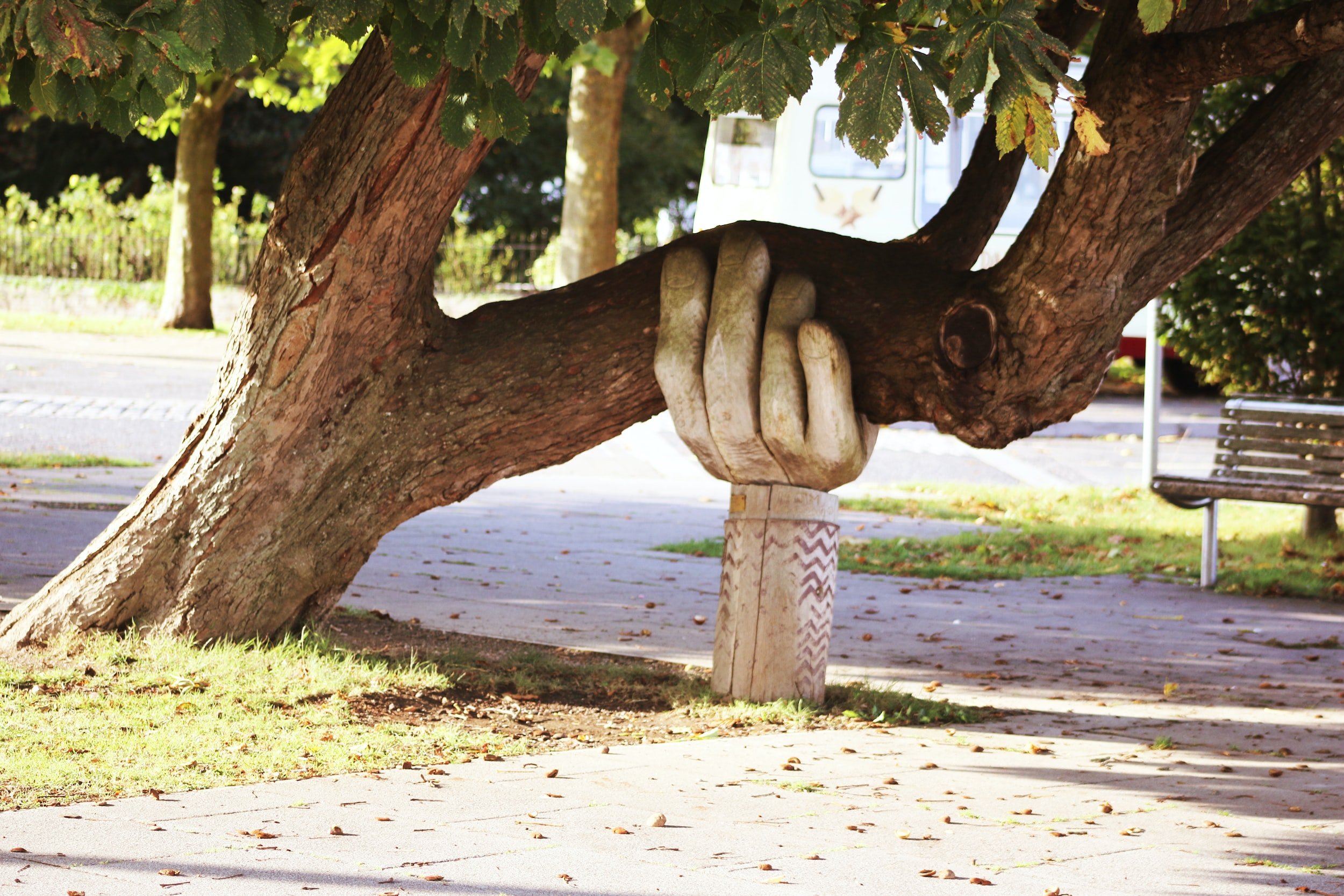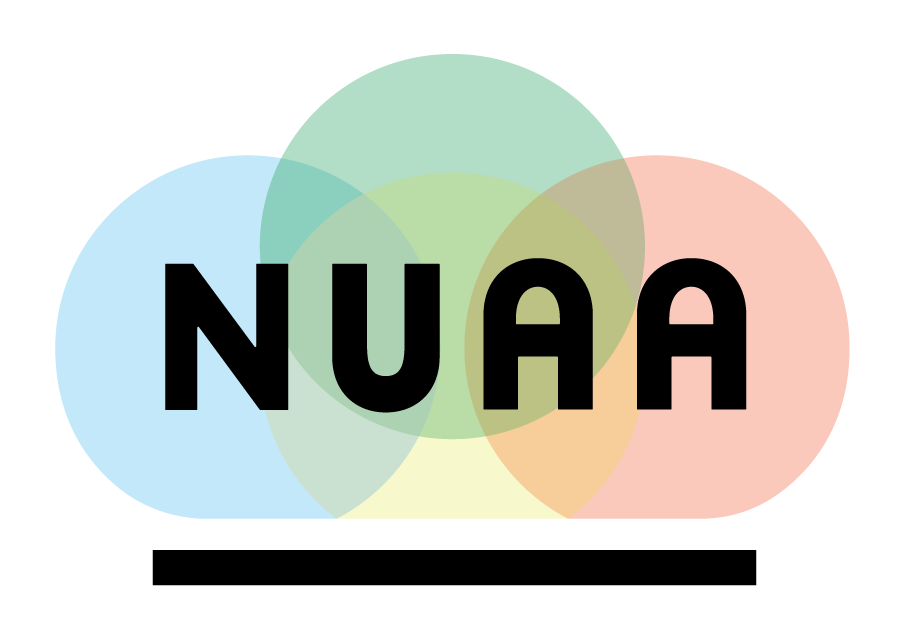
Peer Programs
The empathy and support that comes from peer-to-peer roles can often be the turning point for people to take action and participate in their health and wellbeing. Our peer-based approaches aim to remove barriers to accessing health services, improve health literacy and promote self-determination. NUAA does this because of who we are and who we work with.
Peers draw upon their own lived experience to provide authentic engagement and support for people accessing harm reduction services. Peers are in a unique position to build connections and rapport with people who use and inject drugs and can increase uptake of hepatitis C prevention, testing and treatment, ensuring the appropriate messaging reaches affected communities.
NUAA has implemented several innovative and dynamic peer-led programs and service delivery models to make this happen. We have developed a partnership approach so that peers can work alongside clinical services to help individuals access services. The aim is to ensure that people who use drugs (PWUD) are empowered, informed and supplied with all the tools they need to reduce drug-related harms, prevent blood-borne virus transmission (through access to appropriate injecting equipment), get tested for the hep C (and understanding what that test means), and if needed, to get through treatment with Direct Acting Antivirals (DAAs). On top of all this, we are seeking to develop the role of peers in consultation work, research groups, focus groups and speaking roles.
NUAA’s Peer Programs
Peer Distribution
Our Peer Distribution Program has been successfully implemented in various Local Health Districts (LHD) across NSW. The Peer distribution Pilot is a secondary distribution model that involves peers distributing sterile injecting equipment to other people who inject drugs in their local community. Peers receive one-on-one training, advice, and support as they develop into peer professionals who will pass the knowledge, empowerment, safety, and right to health approach along and through their networks and connections. As equipment is distributed through local networks, so too is information about BBV prevention, testing and treatment, and information about safer use, including overdose response and prevention of injection-related injuries and diseases.
Hep C Peer Support
NUAA is committed to working towards NSW’s goal of eliminating hep C in the state by 2028. We aim to achieve this by bringing testing and treatment where it is needed most and meeting people where they are at. We are seeking peers in regional and rural locations to help us improve community access to hep C resources. Our outreach team travels across NSW and provides point-of-care and DBS testing, peer-assisted treatment pathways, and referrals to health services. Contact us to find out more about NUAA’s outreach services.
Register your interest to join our team of peers!
Do you have some free time and want to give back to your community? Do you support NUAA’s work and want to be part of the team? Why not join our team of peers!
